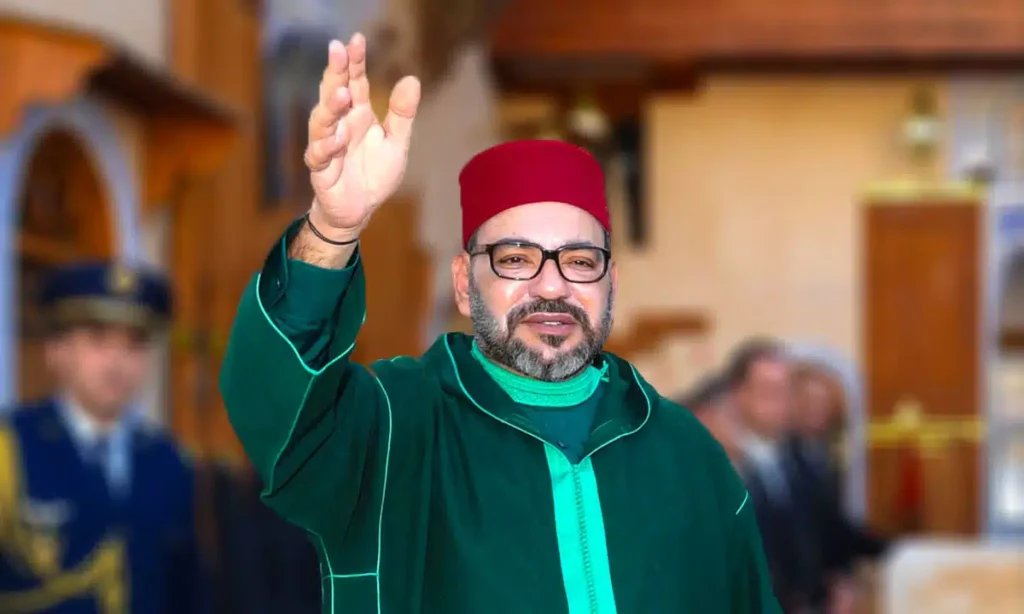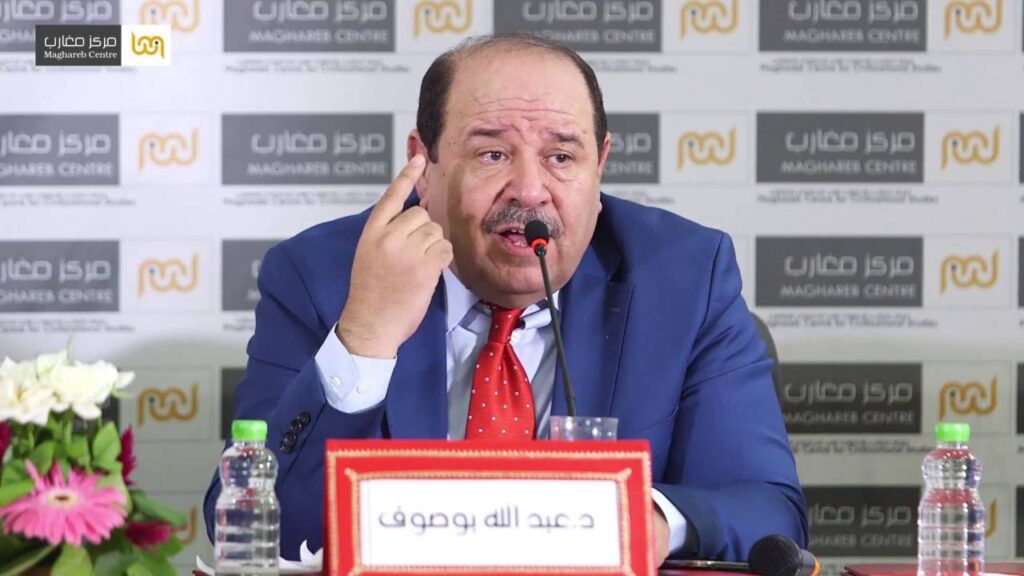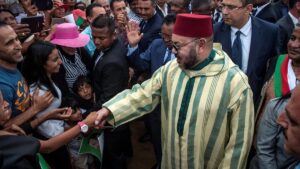Throne Day: Loyalty to the Pledge of Allegiance and an embodiment of the unity between the throne and the people

Written by: Dr. Abdullah Boussouf (Historian, Secretary-General of the Council of the Moroccan Community Abroad)
Over the course of twenty-six years on the throne, since the first royal speech, and since the first meeting between King Mohammed VI and his loyal people, both have demonstrated loyalty and allegiance to the legitimate, mutual pledge of allegiance. Together, they have overcome obstacles and difficulties, and together celebrated achievements and victories. The unity between the throne and the people is not just for media consumption, but a reality proven by various events on the ground and chronicled in lofty royal speeches.
There are many aspects we can discuss and raise on the occasion of our celebrations of the twenty-sixth anniversary of King Mohammed VI’s accession to the throne of his blessed ancestors. We cannot reduce them to this event or those strategic decisions, but he has certainly led strong and profound “quiet revolutions” in all fields and in many files, first and foremost the Moroccan Sahara and the autonomy initiative, the return to the African home, infrastructure, and in the fields of law, legislation, freedoms, justice, and human rights, the new concept of authority, the family code, equity and reconciliation, the fiftieth-century report, the restructuring of religious affairs, the creation of institutions specific to Moroccans abroad, and many others.
We see works and cranes in every corner of the Kingdom; and in every inch of the country there is restructuring and dream projects being realized, in sports, health and intangible heritage. The citizen and the country were the main point on the agenda of His Majesty King Mohammed VI, who was present with all his moral, constitutional, historical and religious weight, whether in his capacity as Head of the Moroccan State, or in his capacity as Commander of the Faithful, whether in the project to redraft the Family Code, or the programs for sustainable development, employment, health, social security and the unified social registry, or in the issues of Moroccans abroad, where he was the first defender of their causes and expectations, whether inside or outside Morocco, or while presenting his constructive critical readings and his objective and realistic dissection in his lofty speeches because:
“Social affairs are of great interest and concern to me, both as a king and as a human being. Since I assumed the throne, I have always been attentive to the pulse of society and the legitimate expectations of citizens, and I have always worked and hoped to improve their conditions…”
As long as one thing reminds us of another, the 2025 celebrations require us to highlight the year's proudest moments, first and foremost the signing of a new era of strategic agreements between Morocco and France, the state visit of French President Emmanuel Macron to Morocco following the strong recognition of Moroccan Sahara, and subsequent significant recognitions, such as those of Britain and Portugal in July, or receptions with strategic dimensions and significance, such as the reception of the Sahel foreign ministers in April 2025.
However, the most important social and societal decision for 2025 remains the royal order not to slaughter the Eid al-Adha sacrifice, and to suffice with other rituals such as performing the Eid prayer, performing charity work, and maintaining family ties. After years of severe drought that affected livestock, and an economic crisis that affected large segments of Moroccan society, the royal order came to relieve the hardship of many citizens in difficult circumstances.
The royal message of February 26, 2025, regarding this call was comprehensive and comprehensive, stating: “Based on the trust entrusted to us as Commander of the Faithful and the faithful guardian of the observance of religious rites, in accordance with the requirements of necessity and legitimate interests, and the duty to remove hardship and harm and provide facilitation…” The strong national consensus, both within Morocco and among Moroccans abroad, and the commitment to implementing this royal call regarding Eid al-Adha, has strengthened the strong bond between the throne and the people.
I believe that the royal agenda's preoccupation with sustainable development and social welfare has made King Mohammed VI's primary concern the citizen and the pursuit of their security and safety, through strengthening the security and judicial apparatus, and their health security through the creation of an integrated health system, whether related to human resources or the pharmaceutical industry, and their food and energy security through the creation of an integrated national system related to the strategic stock of basic materials, especially food, health and energy, and working to continuously update national needs.
All these important concerns and social strategies have made the Kingdom of Morocco a citizen-oriented kingdom that places the citizen at the heart of its agenda and concerns, and has made King Mohammed VI, may God protect him, a citizen-king and a human-king.






